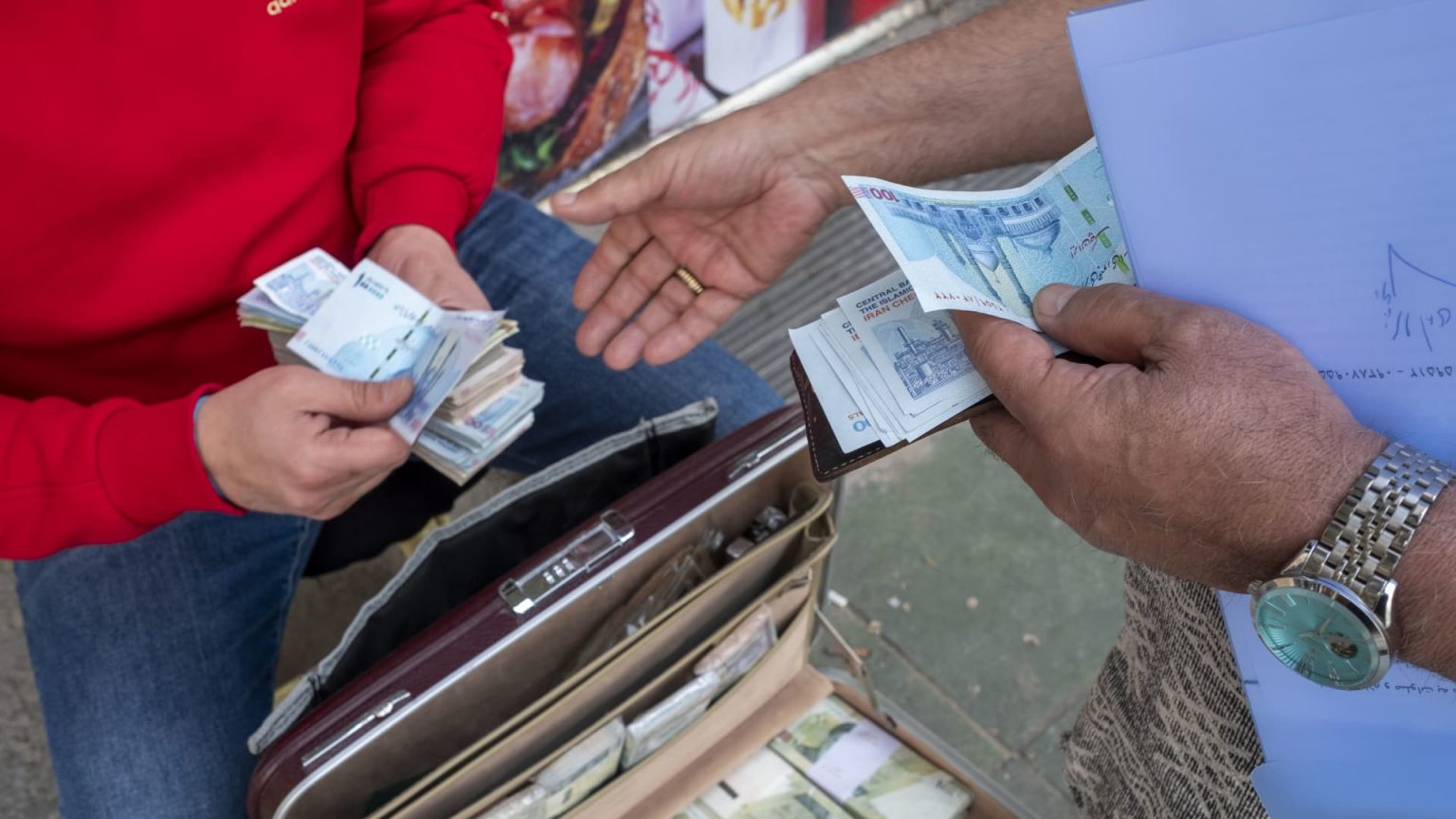Iran’s currency, the rial, hit a record low against the dollar on the unofficial market following a missile and drone attack on Israel. The exchange rate reached 705,000 rials / USD on Sunday morning, before regaining some ground. The official exchange rate set by the government in 2018 was 42,000 rials / USD. This attack came after Iran retaliated against a suspected Israeli strike that killed top Iranian commanders in Damascus. Israel claimed that it neutralized the majority of threats aimed at its territory during the attack.
This direct attack on Israel from Iranian territory marks a significant escalation in tensions in the Middle East. It has raised concerns about potential further trade and diplomatic restrictions being imposed on Iran. The Iranian rial has been struggling due to high inflation caused by U.S. sanctions implemented during the Trump administration. These sanctions have also impacted Iran’s exports of crude oil and oil products. The attack has prompted Israel to call for an emergency meeting of the U.N. Security Council, and President Biden has requested a G7 meeting to address the situation.
The conflict between Iran and Israel has the potential to have a broader impact on the region, as well as the global economy. The ongoing tensions between the two countries, exacerbated by recent attacks, have heightened fears of further escalation and instability. The attack on Israel from Iranian territory has raised concerns about the potential for further military action and retaliation. The international community is closely monitoring the situation and seeking to address the rising tensions through diplomatic channels.
The attack on Israel has further strained relations between Iran and the United States, as well as other countries in the region. President Biden’s condemnation of the attack and his call for a G7 meeting reflect the growing concern over the situation. The U.S. and its allies are likely to consider further measures to address the escalating conflict and prevent further violence. The attack has underscored the need for a diplomatic resolution to the ongoing tensions in the Middle East.
The attack on Israel has had immediate economic repercussions, with the Iranian rial plunging to a record low against the dollar. The uncertainty and instability caused by the attack have added pressure on Iran’s struggling economy, which was already facing challenges due to U.S. sanctions. The impact of the attack on Iran’s economy, as well as the broader implications for regional stability, will likely be major concerns for policymakers and international organizations in the coming days. The attack has highlighted the fragility of the region and the potential for further conflict if tensions continue to escalate.
In conclusion, the missile and drone attack on Israel by Iran has ignited fears of further escalation in the region and has had immediate economic repercussions for Iran. The attack has strained relations between Iran and Israel, as well as the U.S. and other countries in the region. The international community is closely monitoring the situation and seeking to address the rising tensions through diplomatic channels. The attack underscores the need for a peaceful resolution to the ongoing conflicts in the Middle East and highlights the fragility of the region’s stability.


